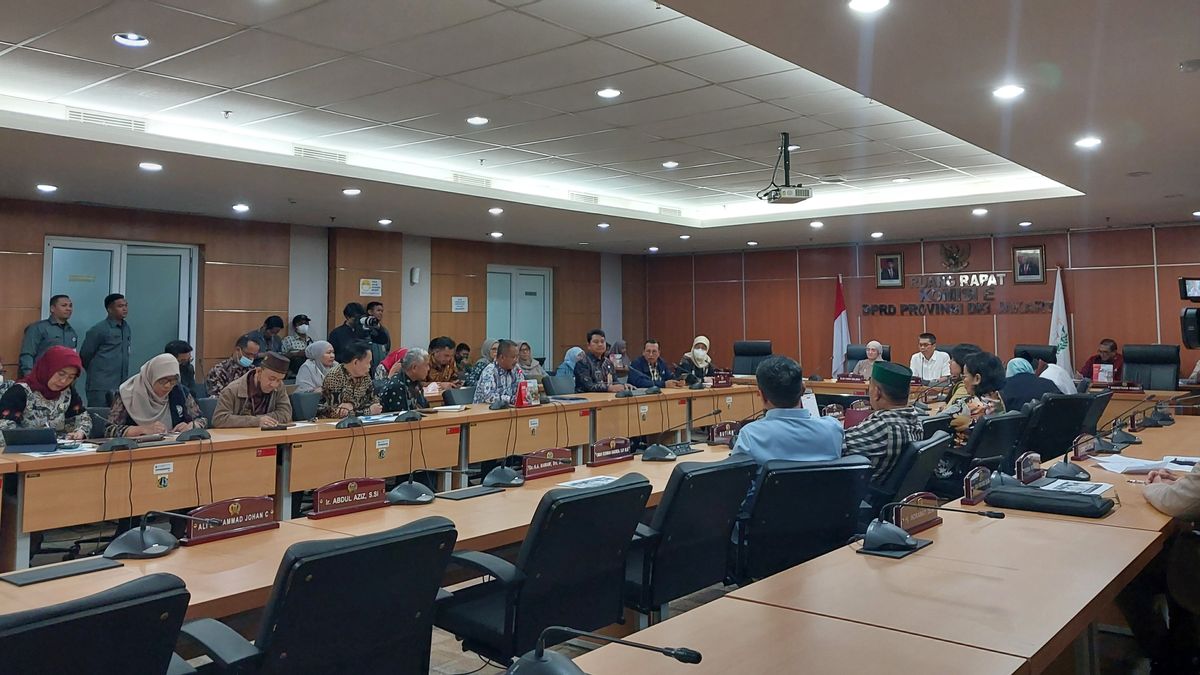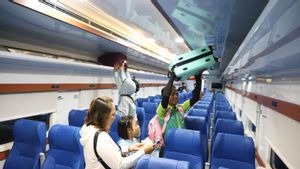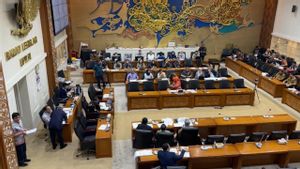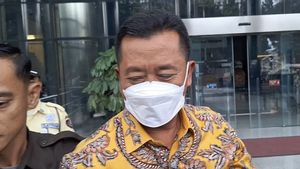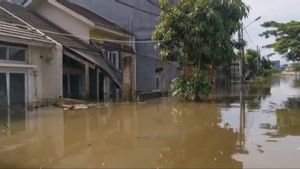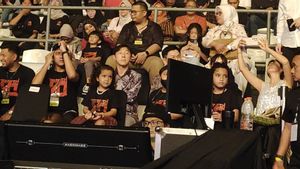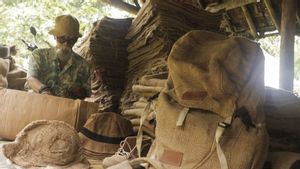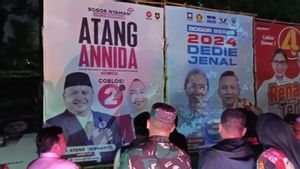JAKARTA - Head of the DKI Jakarta Regional Financial Management Agency (BPKD) Michael Rolandi admitted that the limited regional budget allocation was one of the causes of the polemic of the Superior Student Jakarta Card (KJMU).
Michael explained that local governments are required to allocate 20 percent of the APBD for education, 10 percent for health, 40 percent for infrastructure, 25 percent for personnel spending, and the rest for social assistance.
"The social assistance that we have spent so far is almost 20 percent. (The total allocation) has passed 100 percent. That means, we need to regulate our budget constraints," Michael said at a meeting of Commission E of the DKI Jakarta DPRD at the DKI DPRD building, Central Jakarta, Thursday, March 14.
That is why the Acting Governor of DKI Jakarta Heru Budi Hartono decided to use a new mechanism in determining the distribution of KJMU.
The data source for determining KJMU recipients in the form of Integrated Social Welfare Data (DTKS) is matched with data on Socio-Economic Registration (Regsosek) issued by Bappenas.
The matching of DTKS with Regsosek is carried out to find out the ranking of welfare (desil). The decil categories that are still included in the criteria as recipients of educational assistance are very poor (desil 1), poor (desil 2), almost poor (desil 3), and vulnerable to poverty (desil 4).
Meanwhile, KJMU recipient students who are now set to fall into the 5-10 decile category or who are considered to be able to be removed from the list of recipients of social assistance for education costs.
SEE ALSO:
Michael claimed that this decile rating was carried out so that KJMU would still be efficiently distributed with more targeted data.
"For example, there are 50 people who need help. I only have 20 people who can be financed by the APBD, from these 50 people I have to choose," explained Michael.
"So the criteria for decile 1 to decile 4. That's the limit we can afford. If we have 50 of our money, yes, we will provide assistance. But because the money is not there, then earlier, we used decil or combined with Regsosek data," he continued.
However, it turns out that this ranking has caused new problems. Many students who received KJMU protested because they were removed from the list. In fact, they feel that they are still in the category of underprivileged families.
Finally, the DKI Provincial Government decided to re-enter the data on KJMU recipients who had previously been crossed out into the list of KJMU recipients for phase 1 of 2024.
Even though the student data was re-entered, the DKI Provincial Government continued to re-check it to determine the feasibility of the recipients of the social assistance for education costs by verification in the field.
Meanwhile, there are 19,042 KJMU recipients from 2023. Temporary matching, 771 of whom do not deserve to receive KJMU. The DKI Provincial Government will continue to verify the feasibility of data until the distribution of KJMU phase 2 2024.
"We will update this data, we will adjust it. For the first semester, we will enter it first. Because the data is dynamic, later we can top up (budget) in ABPD changes for those that are approximately lacking or we can add," he added.
The English, Chinese, Japanese, Arabic, and French versions are automatically generated by the AI. So there may still be inaccuracies in translating, please always see Indonesian as our main language. (system supported by DigitalSiber.id)
